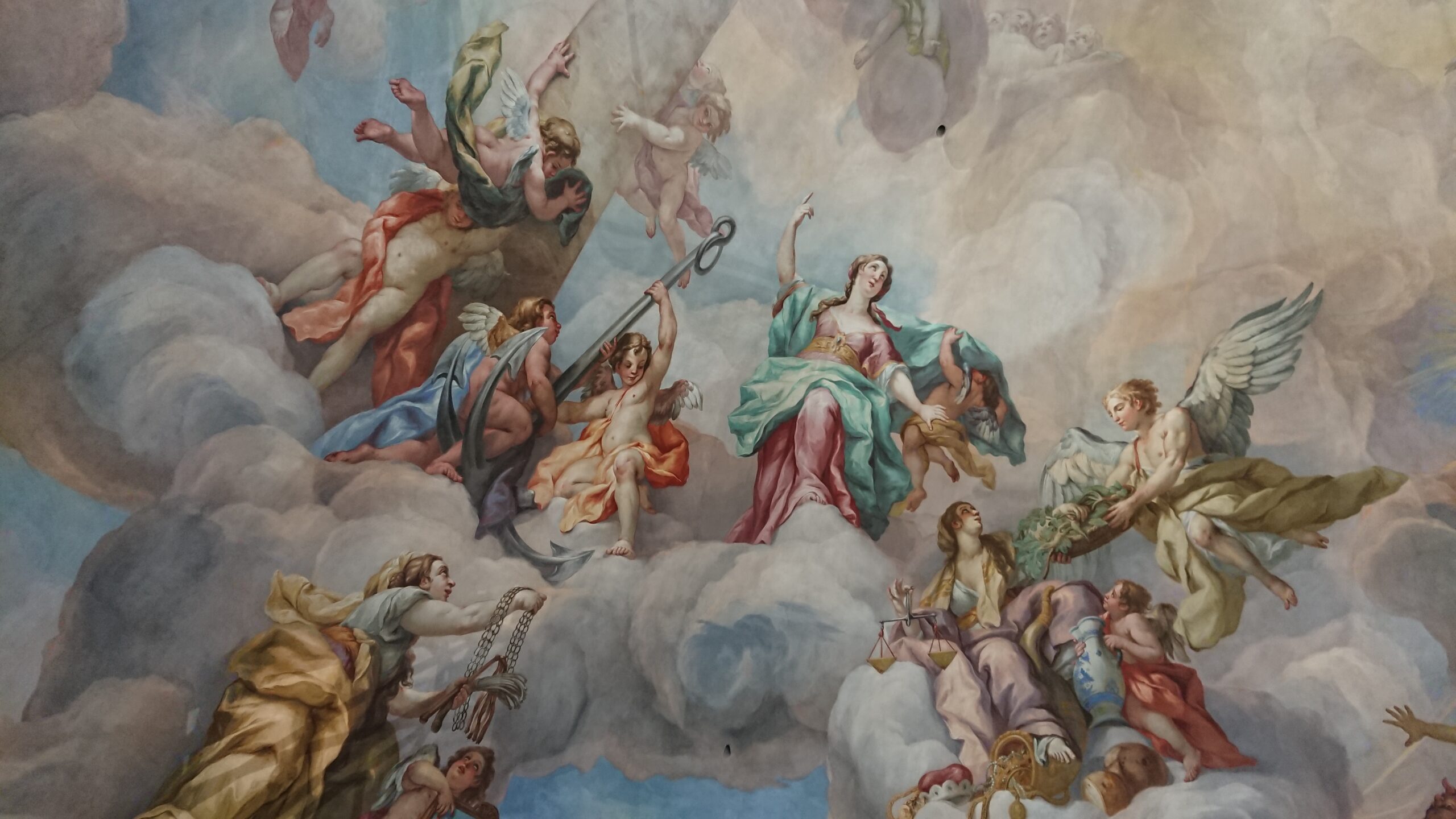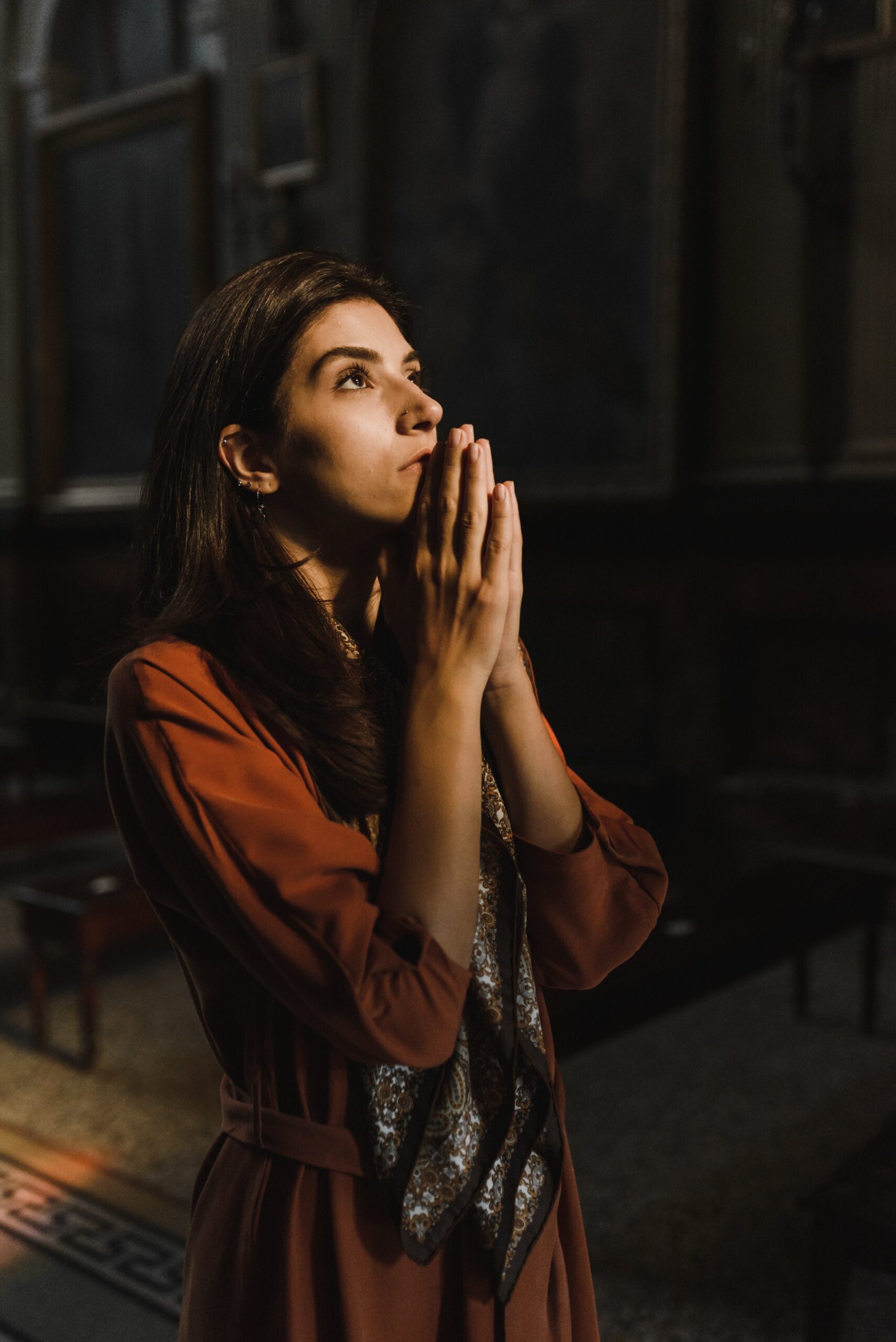Religious Freedom Day is observed annually on January 16th in the United States. This day celebrates the adoption of the Virginia Statute for Religious Freedom in 1786, an important step in the establishment of the fundamental principle of freedom of religion in the United States.
Historical Context:
- Virginia Statute for Religious Freedom: Drafted by Thomas Jefferson, this statute became a precursor to the First Amendment’s guarantee of religious freedom. It disestablished the Church of England in Virginia and guaranteed freedom of religion to people of all religious faiths.
- Influence on the Constitution: The statute influenced the development of the First Amendment of the U.S. Constitution, which ensures the free exercise of religion and prohibits the government from establishing a religion.
Observance and Significance:
- Education and Awareness: Religious Freedom Day is not a public holiday but is observed by educational programs and activities that promote understanding of the importance of religious freedom.
- Reflection on Religious Liberty: The day is an opportunity to reflect on and reaffirm commitment to the principles of tolerance and freedom of religion.
- Recognition of Diversity: It’s a chance to recognize the diversity of religious beliefs in the United States and the role that religious freedom plays in fostering a pluralistic society.
Religious Freedom Day underscores the importance of safeguarding religious liberty as a cornerstone of American democracy and the diverse fabric of its society.







